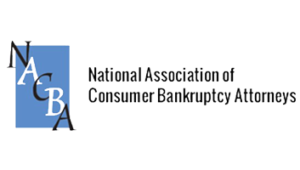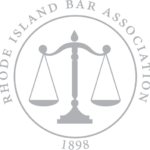RI Bankruptcy law is complex. If you are drowning in bills, make sure you understand the difference between cancellation vs discharge in bankruptcy. If you make the wrong decision, you may end up with a large income tax obligation.
First, what is debt cancellation? Debt cancellation is when a a creditor loses hope of ever getting paid. For business reasons, they decide to stop chasing you. They may decide to sell your account to a collection company for a few pennies on the dollar, but they are essentially “writing you off.”
For the debtor who has been pursued for collection, a creditor’s decision to cancel the obligation may sound like good news. What’s not to like about a quiet telephone and no harassing bill collectors?
Here is the bad news. When a creditor cancels your obligation, they often file a Form 1099-C (Cancellation of Debt) with the IRS. The canceled amount is then treated as regular income. In other words, you are about to get hit with a big tax obligation.
This is the last thing a person struggling with bills ever thinks about when calling a debt settlement company. “You mean to say, I can settle my credit card bills and still end up owing the IRS?” Yes! It reminds me of the famous movie line, “just when I thought I was out, they pull me back in.”
Imagine successfully negotiating the cancelation of $ 50,000 of debt. If you are in the 25% income tax bracket, you could end up owing $ 12,500 in income tax. Not good.
A bankruptcy discharge under RI Bankruptcy Law, however, is much more powerful. According to the United States bankruptcy code, discharged debts are NOT the same as canceled debts. A discharged debt is not treated at taxable income. Very good.
But what happens if a creditor files a Form 1099-C on a debtor who has filed for RI bankruptcy relief? While this should be confirmed with your CPA, the solution is found in IRS Form 982. This form should negate the usual effect of a 1099-C. In other words, Form 982 allows a debtor who has filed for bankruptcy relief, to exclude from gross income the debt discharged in bankruptcy. It will not be treated as taxable income.
As you consider how best to solve your present financial dilemma, be very skeptical of any debt settlement company promising to make your creditors “an offer they can’t refuse.” In many cases, you will be walking yourself into an income tax nightmare. Don’t pay anyone to help settle your debt without first understanding the protections available under RI Bankruptcy law. Bankruptcy law is just more powerful.
(As a footnote, the Mortgage Debt Relief Forgiveness Act of 2007 may absolve a homeowner from paying income tax on canceled mortgage debt if it is on their primary residence. While this law won’t prevent a bank from suing you for default, it will make the canceled mortgage debt a non-taxable event.)





